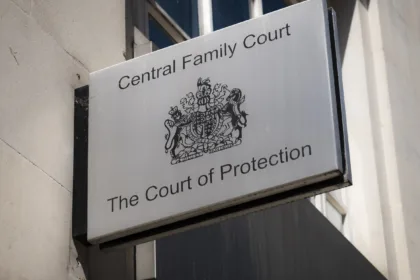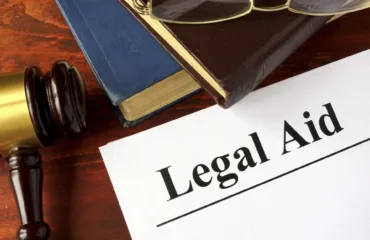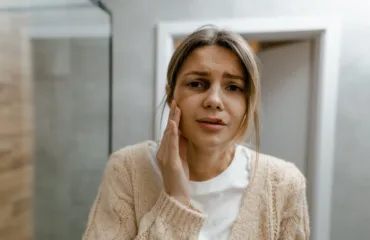
The Court of Protection is a specialist court in England and Wales that deals with matters relating to people who lack the capacity to make decisions for themselves. The court makes decisions about a range of issues, including the management of a person’s finances and property, as well as their health and welfare. In this blog, we will explore what the Court of Protection is and who it helps.
What is the Court of Protection?
The Court of Protection is a court that was established under the Mental Capacity Act 2005. The purpose of the court is to make decisions on behalf of people who lack the capacity to make decisions for themselves. The court also has the power to make decisions about the management of a person’s property and finances, as well as their health and welfare.
The court is responsible for appointing deputies to act on behalf of people who lack capacity. A deputy is a person who is appointed by the court to manage a person’s affairs if they are unable to do so themselves. The deputy can be a family member, a friend, or a professional, such as a solicitor.
Who Does the Court of Protection Help?
The Court of Protection helps people who cannot make decisions for themselves. This includes people with dementia, learning disabilities, brain injuries, and mental health conditions.
The court can make decisions about a wide range of issues, including:
The management of a person’s property and finances: The court can appoint a deputy to manage a person’s finances if they are unable to do so themselves. This can include paying bills, managing investments, and selling or buying property.
Health and welfare decisions: The court can make decisions about a person’s medical treatment, where they live, and how they are cared for.
Lasting Powers of Attorney: The court can register Lasting Powers of Attorney (LPA) if a person has appointed an attorney to act on their behalf if they lose capacity.
Disputes: The court can also help to resolve disputes relating to a person’s capacity, property, or welfare.
The Court of Protection plays an important role in protecting the rights and interests of people who lack capacity. The court’s decisions are made in the best interests of the person, taking into account their wishes and feelings as far as possible.
How Does the Court of Protection Work?
The Court of Protection is a specialist court that deals with complex and sensitive cases. The court operates in a similar way to other courts, but its procedures are designed to be more flexible and less formal, to reflect the needs of people with disabilities.
The court can make decisions on behalf of people who cannot make decisions for themselves. The court will appoint a deputy to manage a person’s affairs if they are unable to do so themselves. The court can also make decisions about a person’s health and welfare.
The court’s decisions are made in the best interests of the person, taking into account their wishes and feelings as far as possible. The court will also take into account the views of family members, carers, and other professionals involved in the person’s care.
The court’s decisions can be challenged if they are considered to be unfair or not in the person’s best interests. Appeals can be made to the Court of Appeal or the Supreme Court.
Conclusion
The Court of Protection plays an important role in protecting the rights and interests of people who lack capacity. The court makes decisions about a range of issues, including the management of a person’s finances and property, as well as their health and welfare.
The court’s decisions are made in the best interests of the person, taking into account their wishes and feelings as far as possible. The court helps to ensure that people who lack capacity are protected and that their rights are respected.
If you or someone you know needs help from the Court of Protection, HAB Law will be here when you need us most to be there to offer sound, sensible legal advice and guidance.


